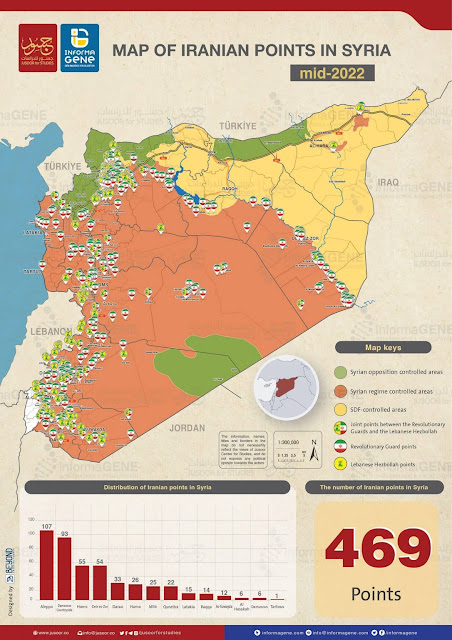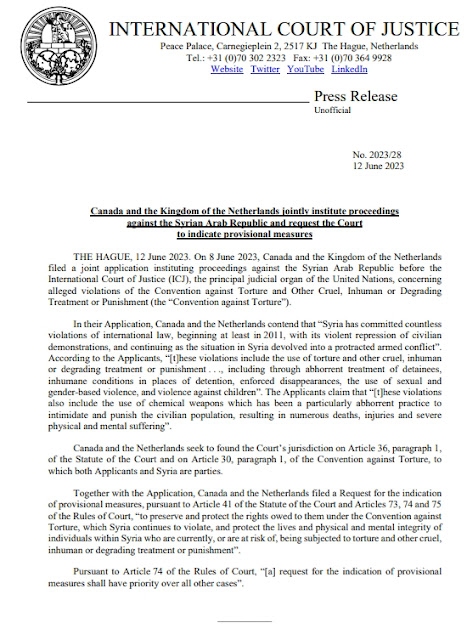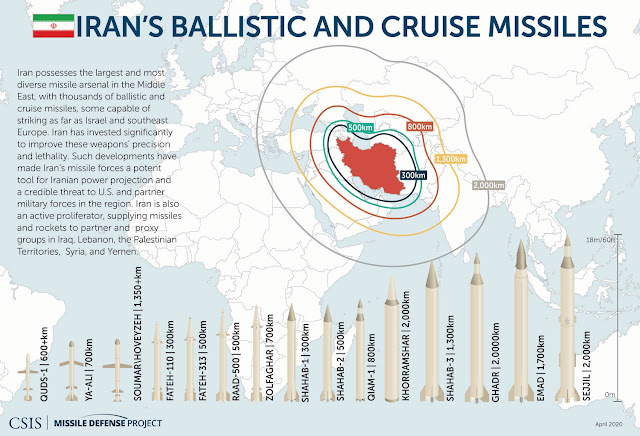Officials Report to Congress on Funding for Iraqi Insurgents
Assessments, views from Defense Intelligence Agency, Treasury, Defense
By Phillip Kurata
Washington File Special Correspondent
Washington -- A senior U.S. intelligence officer says that some terrorist and insurgent groups in Iraq have enough financing to continue "indefinitely" their current level of anti-Coalition violence.
Caleb Temple, senior intelligence officer of the Defense Intelligence Agency (DIA), presented his assessment of the Iraqi insurgency's financial resources in testimony July 28 before a joint congressional panel consisting of members of the House Armed Services Subcommittee on Terrorism, Unconventional Threats and Capabilities and the House Financial Services Subcommittee on Oversight and Investigations.
Temple added that groups linked to the former regime of Saddam Hussein control enough assets to finance increased levels of insurgent violence.
"We believe terrorist and insurgent expenses are moderate and pose little significant restraints to armed groups in Iraq. In particular, arms and munitions costs are minimal -- leaving us to judge that the bulk of the money likely goes toward international and local travel, food and lodging of fighters and families of dead fighters; bribery and payoffs of government officials, families and clans; and possibly into the personal coffers of critical middlemen and prominent terrorist leaders," Temple added.
Temple said the main external sources of financing for the Iraqi insurgents are wealthy private donors in the Middle East and elsewhere, former elements of Saddam Hussein's Baathist regime, and corrupt members of transnational charities.
Temple said many members of Saddam Hussein's regime fled to Syria, Jordan, Iran, Saudi Arabia, the United Arab Emirates and other countries where they have established financial bases to support the insurgency.
The intelligence officer said Islamic charities supporting the insurgency effectively conceal terrorist connections and launder funds by mixing them with money destined for legitimate humanitarian projects.
Temple said the DIA has significantly sharpened its focus on analyzing and defeating terrorist and insurgent financial activities since 2004 and has developed a "comprehensive functional defeat study" on behalf of U.S. Special Operations Command.
"Drying up money and stopping its movement degrades terrorist and insurgent operations," Temple said. "It hinders recruitment and impedes couriers, disrupts procurement of bomb components, and creates uncertainty in the minds of suicide bombers regarding whether their families will receive promised compensation."
Testifying alongside Temple were Acting Assistant Treasury Secretary Daniel Glaser, who heads the Office of Terrorist Financing and Financial Crimes, and Acting Deputy Assistant Secretary of Defense for Special Operations and Combating Terrorism James Q. Roberts.
Glaser identified the insurgents as coming from three distinct, but often overlapping, groups:
-- Sunni jihadists, such as Abu Musab Al-Zarqawi and his network and the Ansar Al-Sunnah/Ansar Al-Islam network.
-- Former elements of Saddam Hussein's regime and their family members and agents.
-- Indigenous tribal groups and local militias whose tribal loyalties, nationalist goals or Islamist ideologies have drawn them into the insurgency.
In addition to funding sources named by Temple, criminal activities, such as kidnapping for ransom, narcotics trafficking, robbery, theft, extortion smuggling and counterfeiting of goods and currency also fund the insurgents, Glaser said.
He said the prime method of transferring funds to the insurgents from outside the country is "the physical transportation of cash into Iraq, particularly across the Iraqi-Syrian border."
Glaser said that the Treasury Department, given the prominent role of the military in Iraq, has taken steps to ensure maximum cooperation with the U.S. Defense Department in the area of insurgency financing.
Roberts said the Defense Department is taking a two-pronged approach to thwart "terrorist financing" and "threat financing."
He said terrorist financing focuses on organizations, cells and individuals directly linked to terrorism, while threat financing is a broader-based concept and includes WMD (weapons of mass destruction) funding, narco-trafficking, organized crime and human trafficking.
The DIA, Defense Department and Treasury officials said U.S. government interagency cooperation is central to the efforts to stop funds from reaching the Iraqi insurgents.
Source: International Information Programs, U.S. Department of State
Assessments, views from Defense Intelligence Agency, Treasury, Defense
By Phillip Kurata
Washington File Special Correspondent
Washington -- A senior U.S. intelligence officer says that some terrorist and insurgent groups in Iraq have enough financing to continue "indefinitely" their current level of anti-Coalition violence.
Caleb Temple, senior intelligence officer of the Defense Intelligence Agency (DIA), presented his assessment of the Iraqi insurgency's financial resources in testimony July 28 before a joint congressional panel consisting of members of the House Armed Services Subcommittee on Terrorism, Unconventional Threats and Capabilities and the House Financial Services Subcommittee on Oversight and Investigations.
Temple added that groups linked to the former regime of Saddam Hussein control enough assets to finance increased levels of insurgent violence.
"We believe terrorist and insurgent expenses are moderate and pose little significant restraints to armed groups in Iraq. In particular, arms and munitions costs are minimal -- leaving us to judge that the bulk of the money likely goes toward international and local travel, food and lodging of fighters and families of dead fighters; bribery and payoffs of government officials, families and clans; and possibly into the personal coffers of critical middlemen and prominent terrorist leaders," Temple added.
Temple said the main external sources of financing for the Iraqi insurgents are wealthy private donors in the Middle East and elsewhere, former elements of Saddam Hussein's Baathist regime, and corrupt members of transnational charities.
Temple said many members of Saddam Hussein's regime fled to Syria, Jordan, Iran, Saudi Arabia, the United Arab Emirates and other countries where they have established financial bases to support the insurgency.
The intelligence officer said Islamic charities supporting the insurgency effectively conceal terrorist connections and launder funds by mixing them with money destined for legitimate humanitarian projects.
Temple said the DIA has significantly sharpened its focus on analyzing and defeating terrorist and insurgent financial activities since 2004 and has developed a "comprehensive functional defeat study" on behalf of U.S. Special Operations Command.
"Drying up money and stopping its movement degrades terrorist and insurgent operations," Temple said. "It hinders recruitment and impedes couriers, disrupts procurement of bomb components, and creates uncertainty in the minds of suicide bombers regarding whether their families will receive promised compensation."
Testifying alongside Temple were Acting Assistant Treasury Secretary Daniel Glaser, who heads the Office of Terrorist Financing and Financial Crimes, and Acting Deputy Assistant Secretary of Defense for Special Operations and Combating Terrorism James Q. Roberts.
Glaser identified the insurgents as coming from three distinct, but often overlapping, groups:
-- Sunni jihadists, such as Abu Musab Al-Zarqawi and his network and the Ansar Al-Sunnah/Ansar Al-Islam network.
-- Former elements of Saddam Hussein's regime and their family members and agents.
-- Indigenous tribal groups and local militias whose tribal loyalties, nationalist goals or Islamist ideologies have drawn them into the insurgency.
In addition to funding sources named by Temple, criminal activities, such as kidnapping for ransom, narcotics trafficking, robbery, theft, extortion smuggling and counterfeiting of goods and currency also fund the insurgents, Glaser said.
He said the prime method of transferring funds to the insurgents from outside the country is "the physical transportation of cash into Iraq, particularly across the Iraqi-Syrian border."
Glaser said that the Treasury Department, given the prominent role of the military in Iraq, has taken steps to ensure maximum cooperation with the U.S. Defense Department in the area of insurgency financing.
Roberts said the Defense Department is taking a two-pronged approach to thwart "terrorist financing" and "threat financing."
He said terrorist financing focuses on organizations, cells and individuals directly linked to terrorism, while threat financing is a broader-based concept and includes WMD (weapons of mass destruction) funding, narco-trafficking, organized crime and human trafficking.
The DIA, Defense Department and Treasury officials said U.S. government interagency cooperation is central to the efforts to stop funds from reaching the Iraqi insurgents.
Source: International Information Programs, U.S. Department of State


